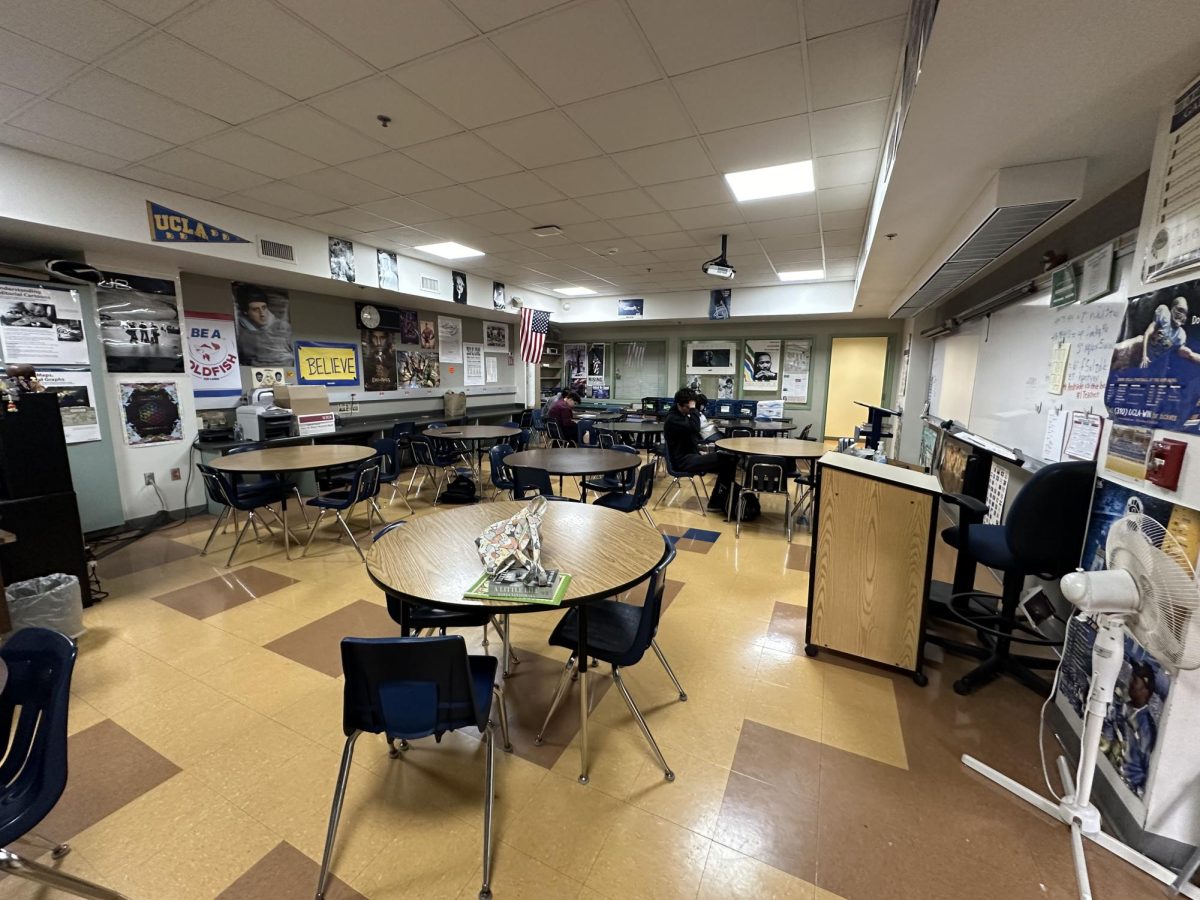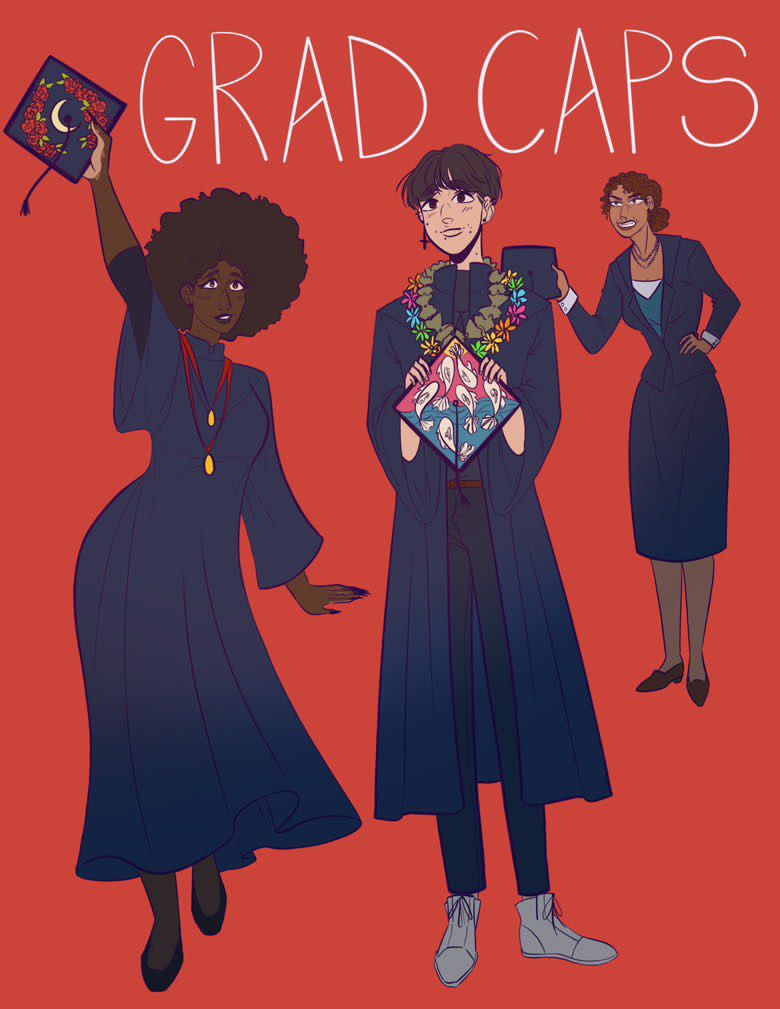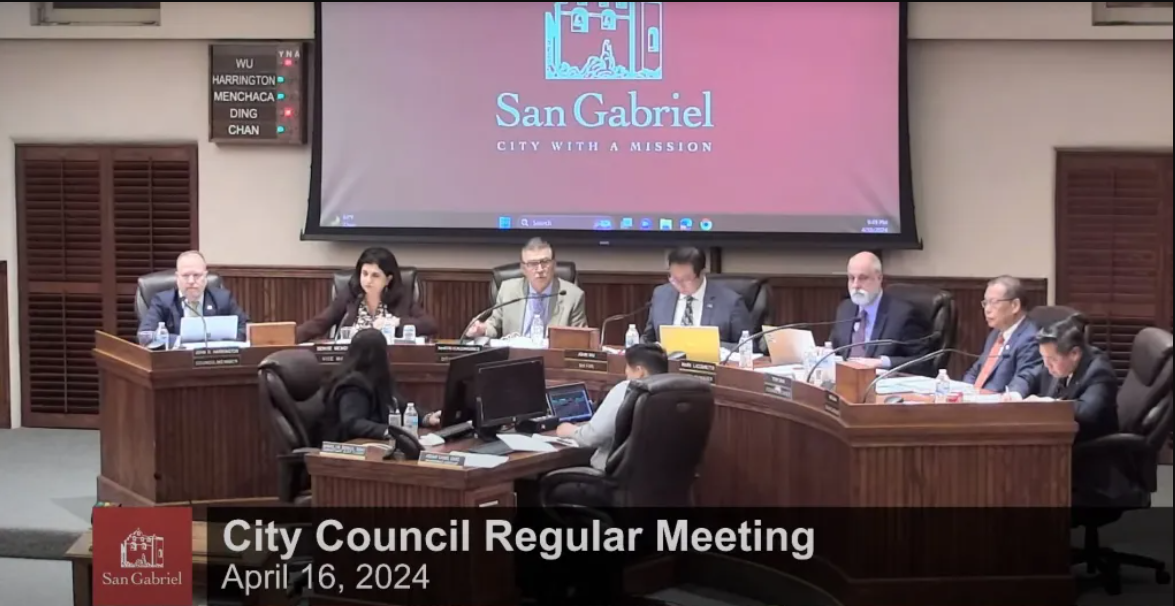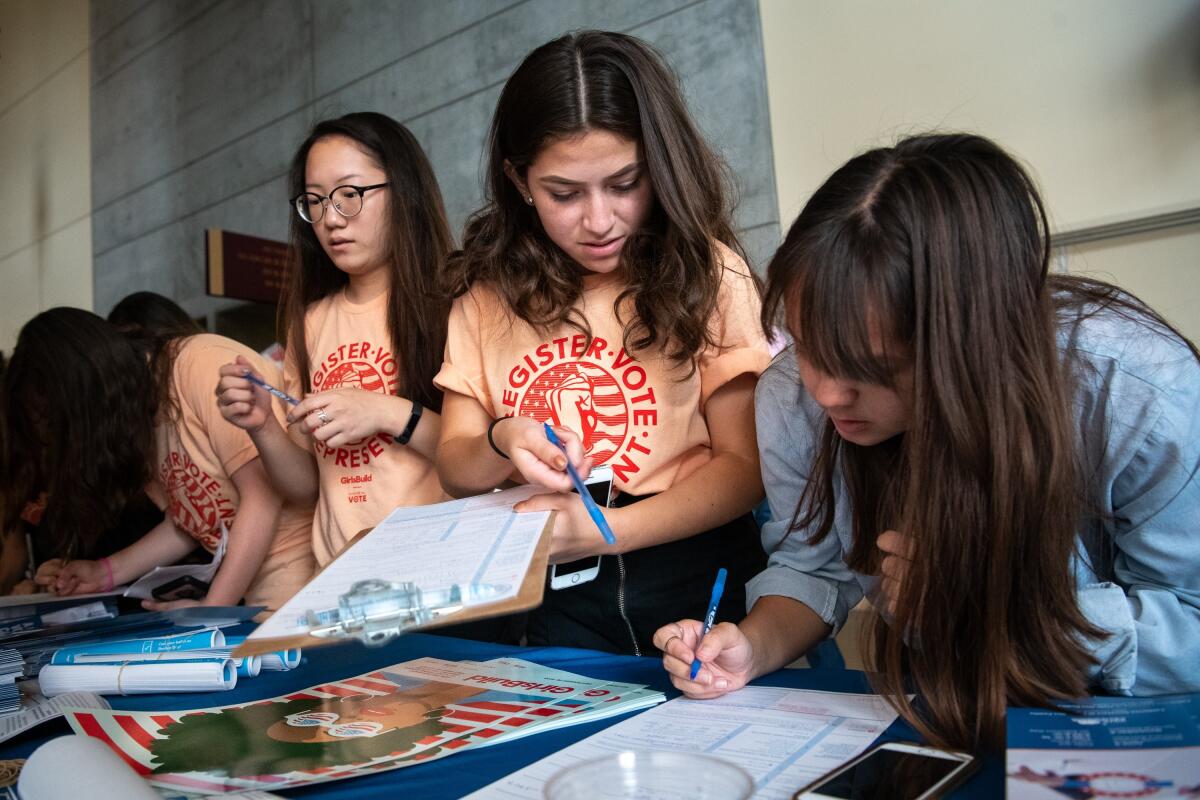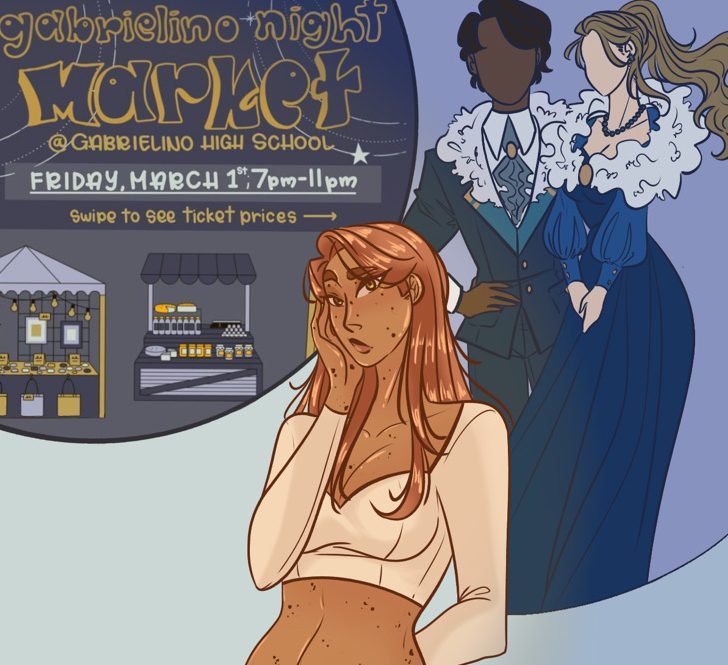Isabelle Ortiz | Staff Writer
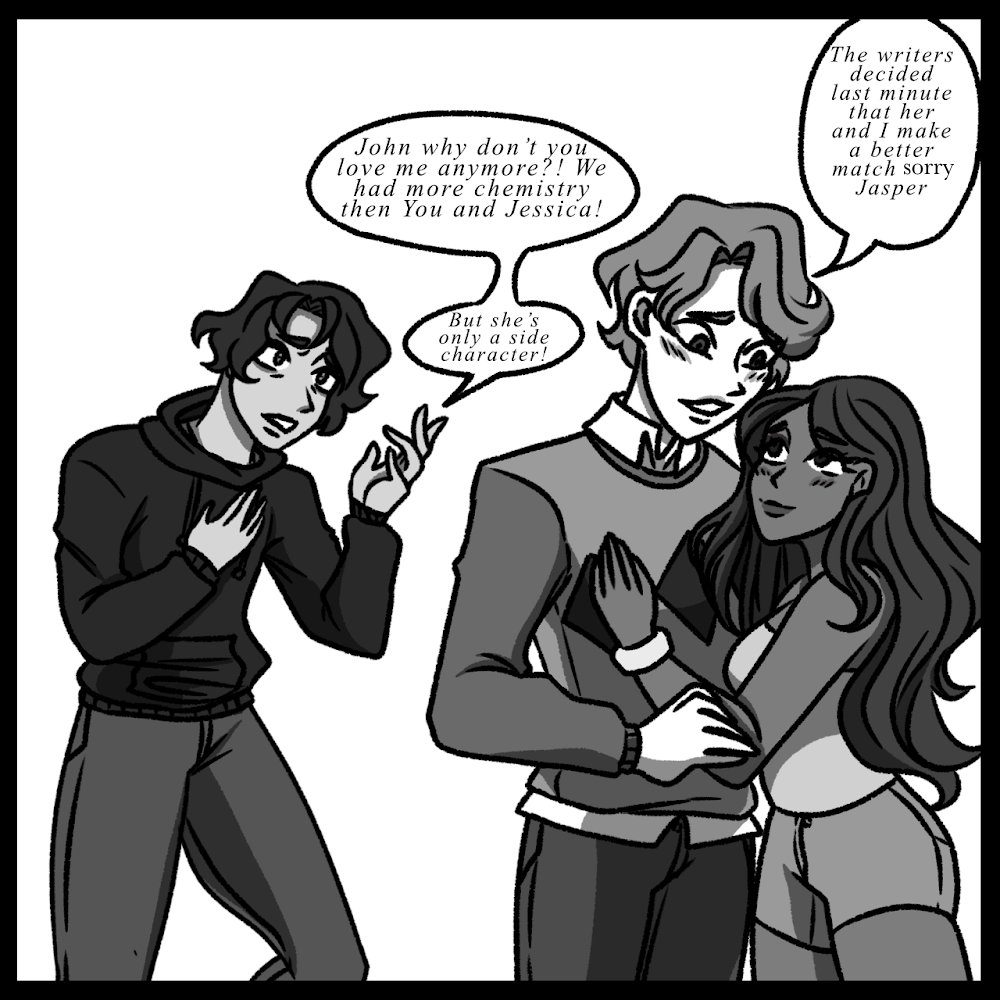
Queerbaiting is when companies take advantage of the LGBTQ+ community, using them as a marketing tool to gain publicity for movies, shows, and comics instead of supporting the community. Unfortunately, queerbaiting is growing increasingly prevalent in recent movies and TV shows.
Disney is most notorious for this, having done it in many franchises. Many classic Disney villains are queercoded, such as Scar with his “feminine” gestures and way of speech, and Ursula, who was based on a drag queen. Many companies have promised LGBTQ+ representation, but only subtle hints of LGBTQ+ people are said or shown. The characters who are supposedly LGBTQ+ end up in heterosexual relationships.
An example of this is from the series Riverdale. Two female characters, Betty and Veronica share a kiss scene in episode one. Later on in the series, the two end up with boyfriends and never share another same-sex romance scene. This is done for the sake of homophobic audiences and increased publicity.
Disney’s “Luca” has themes similar to the experiences of the LGBTQ+ community, yet fall short of actually including LGBTQ+ representation. Two boys are forced to hide who they truly are in fear of rejection or violence in a society that hates them. The senior managing editor at Ask, Micheal Kasian-Morin, said, “Are they really giving us a story like ‘Luca’ and then completely denying it’s about our community? Will there ever be any actual storytelling about young queer romance? Don’t tease us like this- it’s almost more offensive.”
DreamWorks’s reboot of “Voltron: Legendary Defenders” was a show praised for its diverse cast. Being one of the first to have a non-stereotypical Japanese main character in an American TV show, the character Takashi Shirogane being confirmed gay was supposed to be a huge step for DreamWorks. Unfortunately, this did not happen as expected.
In the article “How ‘Voltron: Legendary Defenders’ Queerbaited Its Fans,” the author wrote, “There is no scene in which either character explicitly comes out, nor does either man engage in affection or action that would help readers understand the context of their relationship.” The killing of Takashis’s fiance seconds after him appearing on screen and the gay wedding between Takashi and a side character last minute was the cherry on top of all the other issues with the show.
As a member of the LGBTQ+ community, I and many others can agree that proper representation is something we need in television. Movies and shows could learn a thing or two about representation from “She-Ra and the Princesses of Power,” a Dreamworks show that is not afraid to show real LGBTQ+ couples. From kiss scenes between two main female characters to good character development, this show is praised for its diversity, especially in the amazing way they represent the LGBTQ+ community.
Writers of upcoming movies and shows need to start taking notes on what constitutes as good representation. Audiences are not looking for queerbaiting in their media, but rather complex LGBTQ+ characters they can relate to.

